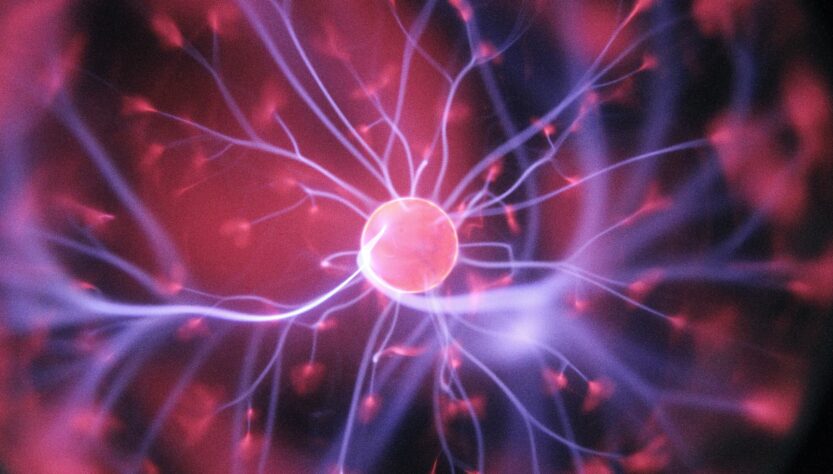Firdaws Shwan Abdulkarim
3rd Grade
Medical Analysis – TIU – Erbil
During haert broken you have to know these two things
- “Time is the only thing that can heal your heart.”
- “It takes a while, but eventually, you’ll be yourself again.”
What is heart break ?
Heart break is not just about losing your girlfriend or boyfriend
We feel heart broken when we lose someone or something we loved or wanted very much, like relationship or a friendship, a family member, a pet, or a job or opportunity that was very important to us.
What happens to the body during broken heart syndrome?
During times of extreme mental and physical stress, the body releases a sudden burst of adrenaline and stress hormones. This can cause the small arteries around the heart to constrict which reduces the blood flow to the heart and stuns the heart muscle temporarily.
Why does it hurt so much?
Studies show that your brain registers the emotional pain of heartbreak in the same way as physical pain, which is why you might feel like your heartbreak is causing actual physical hurt. The language we use to describe heartbreak – “I feel like my heart’s been ripped out”, “it was gut wrenching”, “like a slap in the face” – all hint at the way we associate physical pain with emotional pain.
Heart broke hormones
Love can be addictive, like a drug, because of the hormones our brain releases when we become really attached to someone or something. Dopamine and oxytocin in particular are hormones which make us feel good and want to repeat behaviours, and are released at elevated levels when we’re in love.
Then, when heartbreak happens, these hormone levels drop and are replaced with the stress hormone cortisol. Designed to support your body’s fight-or-flight response, too much cortisol over a period of time can contribute to anxiety, nausea, acne and weight gain – all those unpleasant mental and physical symptoms associated with heartbreak. And (Takotsubo Cardiomyopathy) is the medical name for a syndrome that can be caused by heartbreak, or more accurately, the stress of a heartbreaking situation.
Acute emotional stress, positive or negative, can cause the left ventricle of the heart to be ‘stunned’ or paralysed, causing heart attack-like symptoms including strong chest, arm or shoulder pains, shortness of breath, dizziness, loss of consciousness, nausea and vomiting.
The good news: the condition doesn’t usually cause permanent damage like a heart attack does, and often resolves itself. The bad news: it can be stressful and painful, with people often thinking they’re having an actual heart attack.
Tips for healing a broken heart
Take time to grieve.
Find a new source of joy.
Make a list of what you like about yourself.
Acknowledge thoughts about your former partner.
Express your needs to others.
Turn your attention toward others.
Allow emotions to flow.
Find relief in exercise and movement.
References:
The science behind a broken heart | Queensland Health


